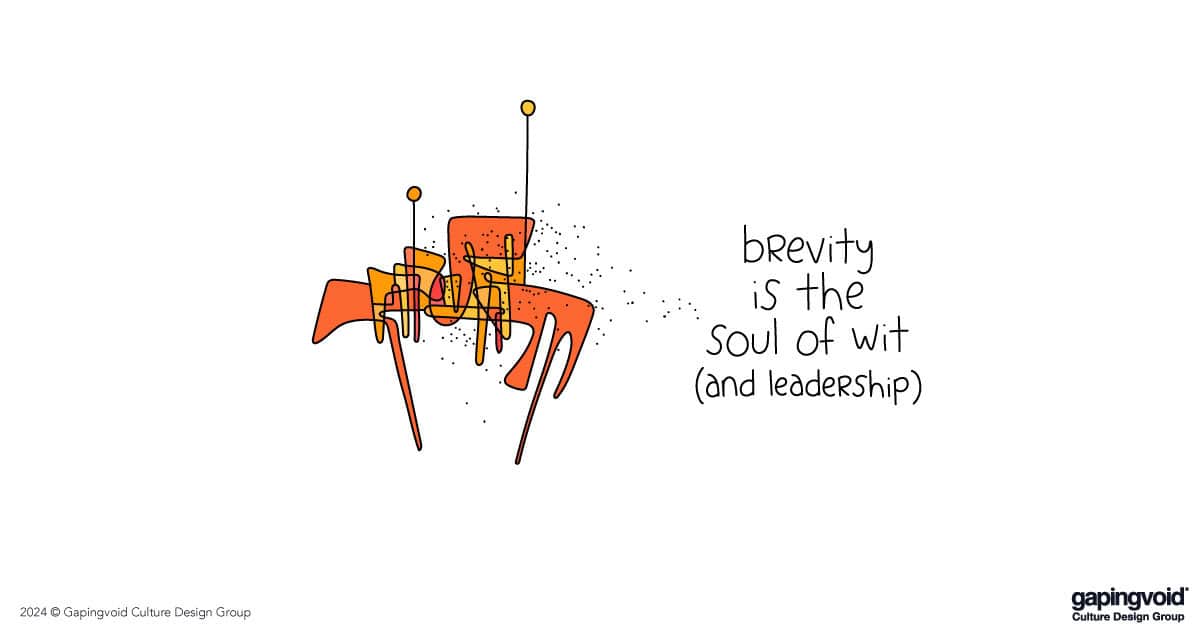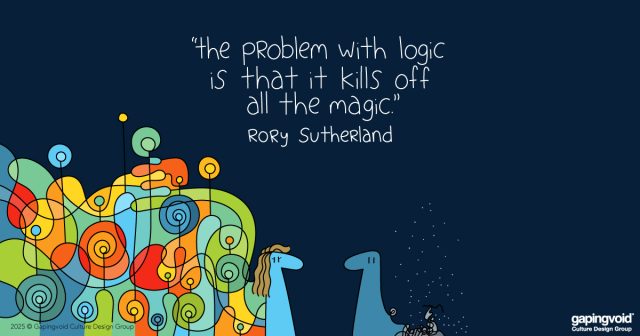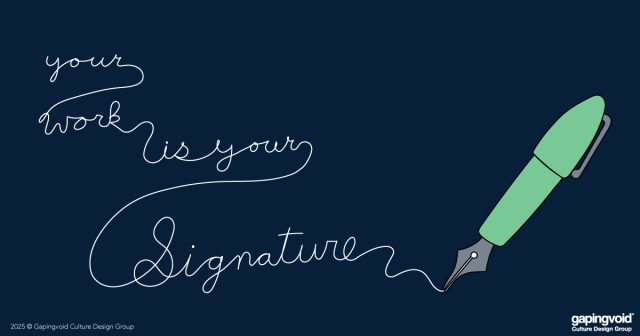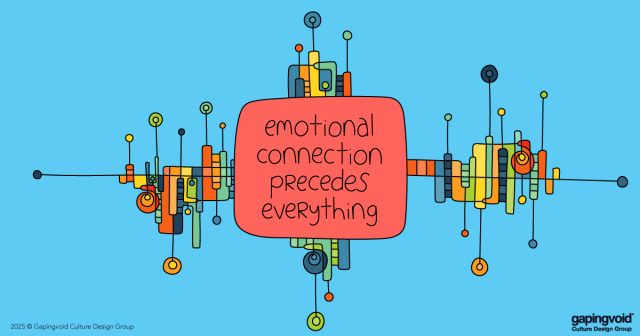
Many people born after the Millennium won’t remember much about the newspaper comic strip, “Peanuts,” featuring Good Ol’ Charlie Brown. But from its debut in 1950 till the creator, Charles Schulz death in 2000, it was culturally ubiquitous, as big as any franchise today.
Everyone from that era knew about Charlie Brown never winning baseball games, Lucy always pulling away the football, Linus and his blanket, Schroeder and his piano, Snoopy and the Red Baron.
The interesting question is, why? What made Charlie Brown and his friends resonate so deeply with millions?
The award-winning New Yorker cartoonist, Chris Ware, recently wrote a lovely piece in the magazine, “The Debt All Cartoonists Owe to ‘Peanuts,” trying to answer that very same question. As Ware explains, there are many reasons, which go beyond his world-class talent as a writer and a draftsman.
Three key elements allowed Schulz to make history: depth, simplicity, and consistency.
“Peanuts” was really the first newspaper comic strip to insert truly complex emotions and themes into its characters. This was just a children’s strip after all, but there was so much there: love, loss, ambition, sorrow, pain, joy, disappointment, vanity, envy, friendship, and even according to the 1960s book, “The Gospel According to Peanuts,” the concept of Original Sin. It’s all there, like Dostoyevsky, yet created in such a way that even a young reader finds it charming. A staggering achievement.
Secondly, he simplified the complex. Schulz created a “Peanuts” format that took up the least amount of space and captured the most meaning possible. In just four small panels, he was able to speak volumes.
And last but not least – consistency. For half a century, Peanuts showed up daily, building a relationship with its audience.
There’s a lesson in this for all of us. Our impact won’t be found in sweeping gestures but in showing up, reliably, and with humanity day after day, week after week, month after month.
Schulz didn’t set out to create a manual for life. He simply observed the world with unflinching honesty. We would be wise to do the same.



